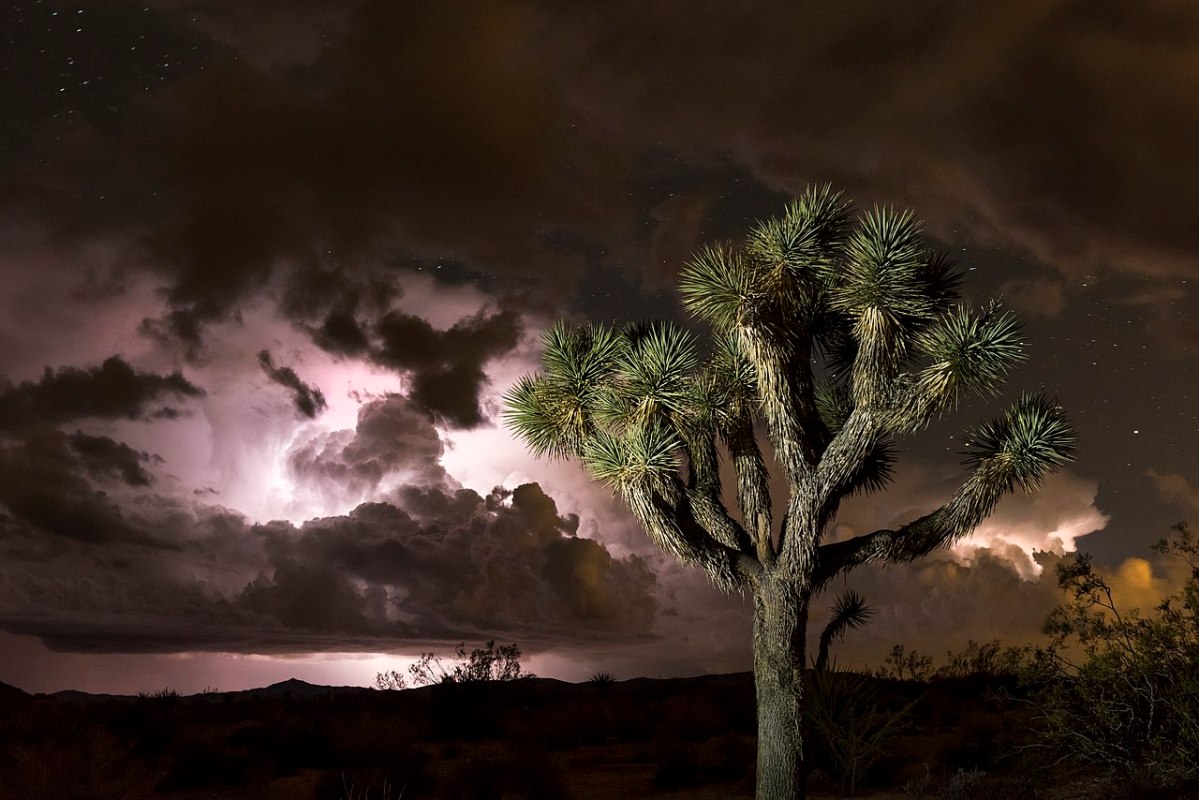The COVID-19 pandemic has had a devastating effect on numerous aspects of everyday life, from local economies to the music industry. Some of these have been understandable: industries built around in-person interactions in close quarters would clearly be hurt by a situation making that kind of interaction dangerous, if not impossible. But it turns out that the pandemic has also adversely affected other, less obvious things — including how scientists predict the weather.
At CNN, Allison Chinchar and Virginia Langmaid have the details on how the pandemic has changed weather reports. A new study by Lancaster University’s Dr. Ying Chen describes a situation that “imperils weather forecasting.”
The cause of this relates to how climate is studied. Scientists obtain climate data from a wide range of methods, but among them are commercial flights and cruise ships — and both of those have been significantly reduced in recent months due to COVID-19. The implications of this are also serious, according to the study:
We find a large deterioration in forecasts of surface meteorology over regions with busy air flights, such as North America, southeast China and Australia. Forecasts over remote regions are also substantially worse during March-May 2020 than 2017-2019, and the deterioration increases for longer-term forecasts. This could handicap early warning of extreme weather and cause additional economic damage on the top of that from the pandemic.
As Chinchar and Langmaid note, 2020 is predicted to have a significant hurricane season, which makes the loss of some meteorological data that much more concerning. There are alternative methods of gathering comparable data, including weather balloons and dedicated surveillance flights. They might be more necessary than ever to help prevent another crisis from erupting during the one currently taking place.
Subscribe here for our free daily newsletter.
Thanks for reading InsideHook. Sign up for our daily newsletter and be in the know.


















